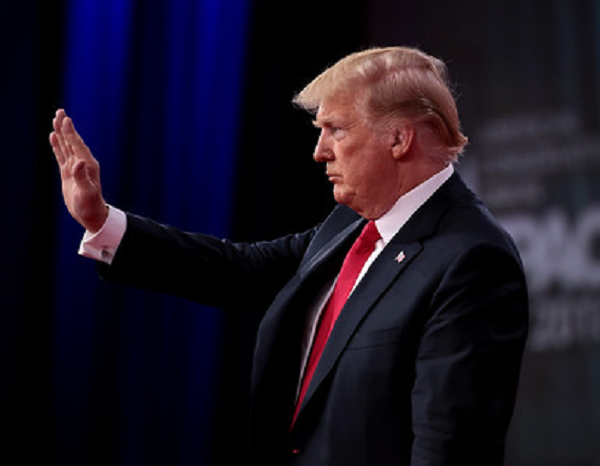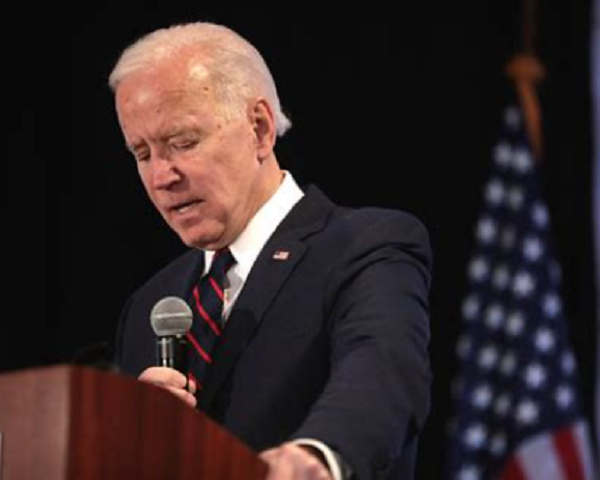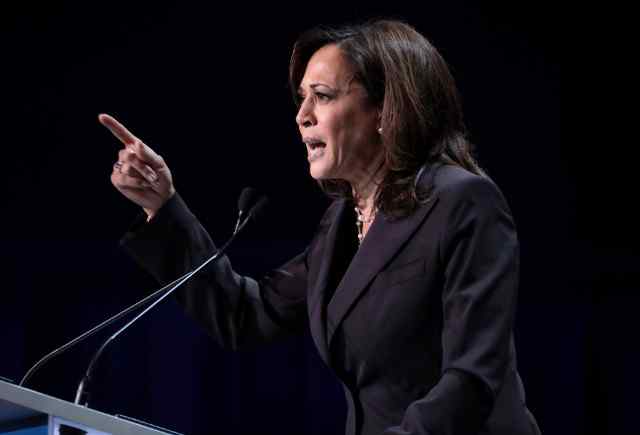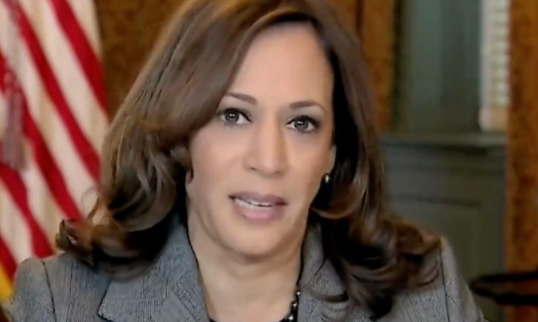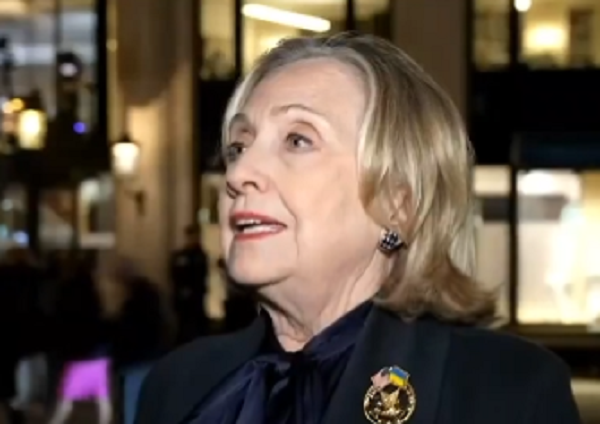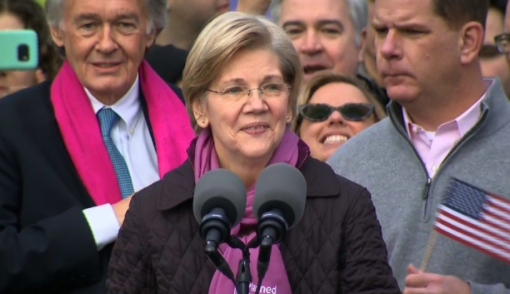Justice Ketanji Brown Jackson, a U.S. Supreme Court justice with left-leaning views, has raised concerns about Colorado’s questionable rationale for excluding former President Donald Trump from the state’s presidential election. During a recent audio recording of the Supreme Court proceedings, Justice Jackson, who was appointed by President Joe Biden, highlighted a significant flaw in Colorado’s argument that Section 3 of the 14th Amendment justifies Trump’s removal from the state’s presidential ballot. The recording was publicly aired on C-SPAN and shared on the social media platform X. Jackson astutely pointed out that the third section of the Fourteenth Amendment does not explicitly mention the presidency.
“No person shall be a Senator or Representative in Congress, or elector of President and Vice-President, or hold any office, civil or military, under the United States, or under any State, who, having previously taken an oath, as a member of Congress, or as an officer of the United States, or as a member of any State legislature, or as an executive or judicial officer of any State, to support the Constitution of the United States, shall have engaged in insurrection or rebellion against the same, or given aid or comfort to the enemies thereof. But Congress may by a vote of two-thirds of each House, remove such disability.”
Jackson was correct.
The exclusion for “insurrection or rebellion” also encompassed candidates vying for the positions of vice president and president, as well as congressional seats. Additionally, it encompassed “any office, civil or military.” Nevertheless, it did not explicitly mention the presidency.
During the interrogation, Jackson raised inquiries to Jason Murray, the attorney representing the organization aiming to eliminate Trump from Colorado’s ballot. She put forth a persuasive historical argument, expressed reservations regarding Colorado’s interpretation of Section 3, and ultimately recognized the significance of both the original intent and judicial restraint.
“Can you speak to the argument that really Section 3 was about preventing the South from rising again in the context of these sort of local elections, as opposed to focusing on the presidency?” she asked.
Jackson made it clear that her inquiry did not pertain to the overall accessibility of ballots when Murray made a peculiar comment regarding states’ control over access to the voting booth. Murray further asserted that the creators of the 14th Amendment had the intention of prohibiting “charismatic rebels” from occupying any position within the federal government, including the presidency.
“But then why didn’t they put the word ‘president’ in the very enumerated list in Section 3?” she asked.
“The thing that really is troubling to me is, I totally understand your argument, but they were listing people that were barred, and ‘president’ is not there. And so, I guess that just makes me worry that maybe they weren’t focusing on the president,” she added.
Murray, in her response, brought up a recent conversation between Republican Senator Justin S. Morrill of Vermont and Democratic Senator Reverdy Johnson of Maryland, who was previously a member of the Whig party and served as the U.S. Attorney General.
According to Murray, Johnson raised a question to Morrill regarding the exclusion of the president and vice president in Section 3 as drafted by the framers. In response, Morrill seemingly alluded to the phrase “any office” by saying, “We have.”
But Jackson was quick to point out the issue.
“Yes, but doesn’t that at least suggest ambiguity?” she asked.
“And this sort of ties into Justice [Brett] Kavanaugh’s point. In other words, we had a person right there, at the time, saying what I’m saying. The language here doesn’t seem to include president. Why is that? And so if there’s an ambiguity, why would we construe it to, as Justice Kavanaugh pointed out, uh, against democracy?” Jackson asked.
https://twitter.com/Rightanglenews/status/1755642314775564468

